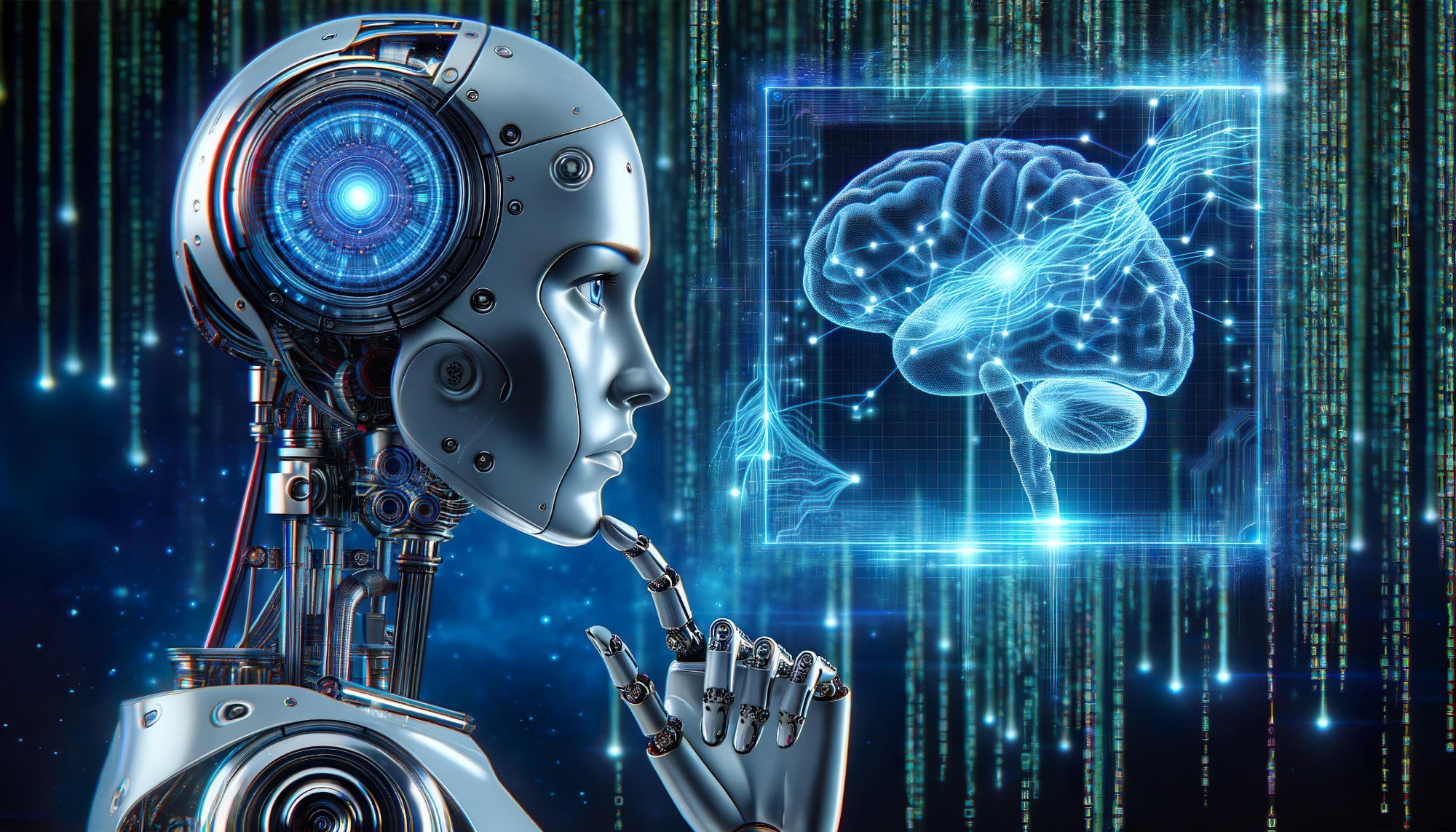Altiplano Design Insights
Exploring the beauty and creativity of design in everyday life.
AI: The New Wizardry That Will Steal Your Job
Discover how AI is reshaping careers and why it could be the magic that replaces your job. Don't get left behind in the tech revolution!
The Rise of AI: How Automation is Transforming the Job Landscape
The rise of AI and automation is reshaping the job landscape in unprecedented ways. As industries embrace advanced technologies, tasks that once required human intervention are increasingly being completed by machines. This shift has led to both opportunities and challenges for the workforce. A report by the World Economic Forum highlights that while automation may displace certain jobs, it also creates new roles that demand more complex skills in areas like data analysis and technology management. In fact, an estimated 97 million new jobs may arise by 2025 as a result of this technological evolution.
Despite the promise of new job creation, the transition can be daunting for many workers. Automation often leads to a shift in required skills, necessitating reskilling and upskilling initiatives across various sectors. Companies and governments are responding to this challenge by investing in workforce development programs aimed at equipping employees with the necessary skills for a digital economy. According to McKinsey & Company, proactive measures in education and training will be essential to ensure that workers can thrive amid these changes, ultimately contributing to a more adaptable job market.

Are You Ready for the AI Revolution? Understanding Its Impact on Employment
The AI revolution is upon us, transforming industries across the globe and reshaping the way we think about employment. As artificial intelligence and automation become increasingly integrated into business processes, many workers find themselves asking: What does this mean for my job? While some fear that AI will replace human labor, it is essential to recognize that this technological shift also presents new opportunities for growth and innovation. According to a report by the Oxford Economics, AI has the potential to create millions of new jobs in the coming years, particularly in fields that focus on data analysis, machine learning, and AI management.
To prepare for the changes brought about by AI, workers will need to adapt by acquiring new skills and embracing lifelong learning. Industries such as healthcare, finance, and logistics are already seeing a demand for professionals who can leverage AI technologies to improve efficiency and decision-making. Additionally, the impact on employment extends beyond job creation; it also involves a shift in the nature of work itself. As stated by the World Economic Forum, it is crucial for employees to continuously upgrade their skills to stay relevant in an increasingly automated job market. Embracing these transformative changes could set the foundation for a more rewarding and resilient career path in the age of AI.
Debunking Myths: Will AI Really Take Over Your Job?
The rise of artificial intelligence (AI) has sparked widespread concerns about its potential to take over jobs. Many people fear that automation will render their skills obsolete, leading to mass unemployment. However, research suggests that while AI will indeed change the landscape of work, it is unlikely to replace humans entirely. According to a report by the McKinsey Global Institute, AI is expected to augment jobs in various sectors, enhancing productivity rather than eliminating the need for human workers. This means that rather than fearing job loss, we should focus on adapting our skills to work alongside AI technologies.
Moreover, most industries are expected to see a transformation in job roles rather than outright replacements. For instance, the Forbes reports that while some tasks may be automated, professionals in fields like healthcare and education will continue to be essential as they provide human empathy and decision-making skills that AI cannot replicate. AI is not a replacement but a tool that can help in streamlining operations, thereby allowing workers to focus on more complex and creative aspects of their jobs. Embracing this synergy between human intelligence and AI technology is crucial for the future workforce.